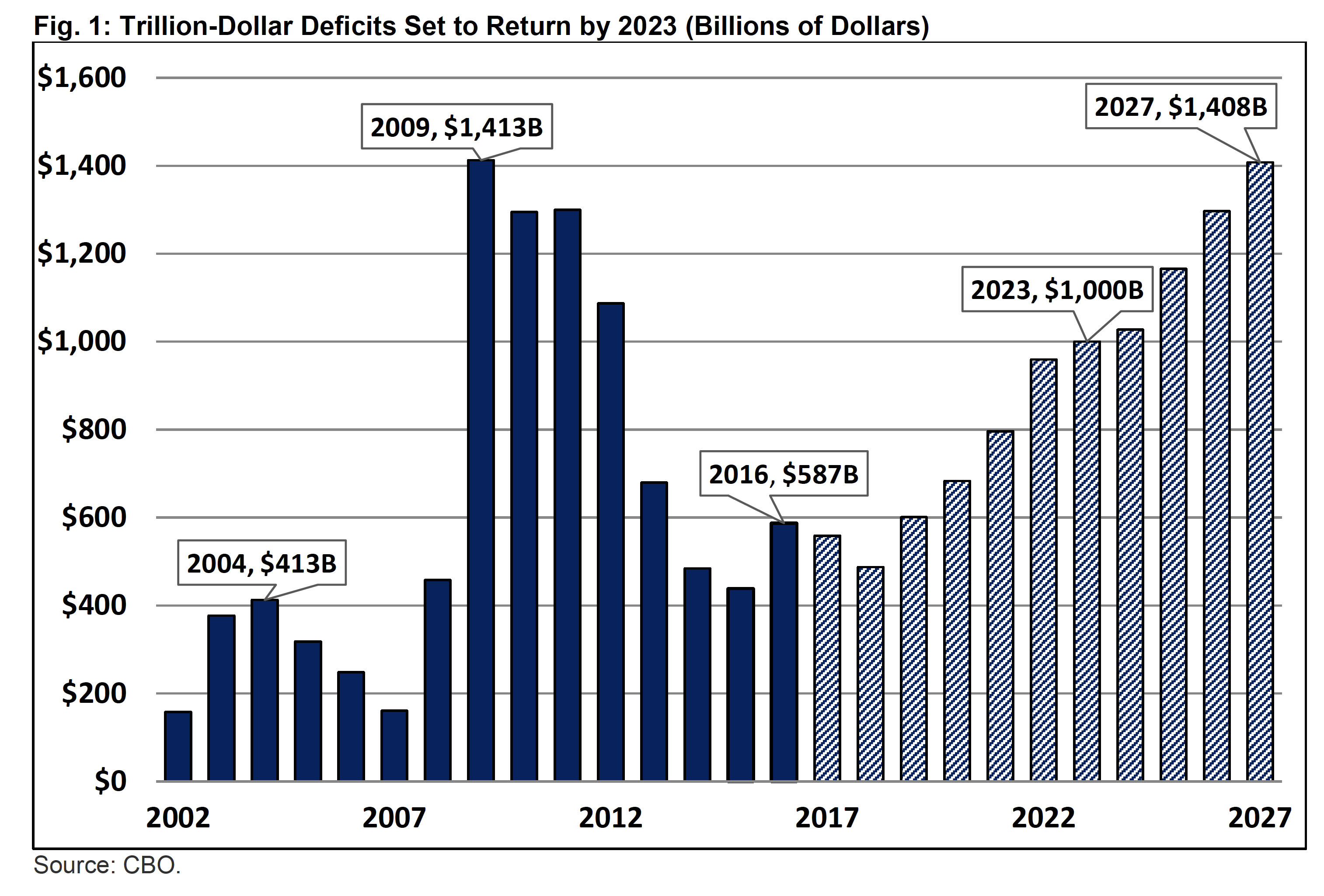g5000
Diamond Member
- Nov 26, 2011
- 127,128
- 70,864
- 2,605
The White House is claiming Trump's tax cut plan will increase average household income by $4,000 a year.
According to Trump: https://www.whitehouse.gov/sites/whitehouse.gov/files/documents/Tax Reform and Wages.pdf
Do you buy this?
According to Trump: https://www.whitehouse.gov/sites/whitehouse.gov/files/documents/Tax Reform and Wages.pdf
Reducing the statutory federal corporate tax rate from 35 to 20 percent would, the analysis below suggests, increase average household income in the United States by, very conservatively, $4,000 annually.
Do you buy this?




